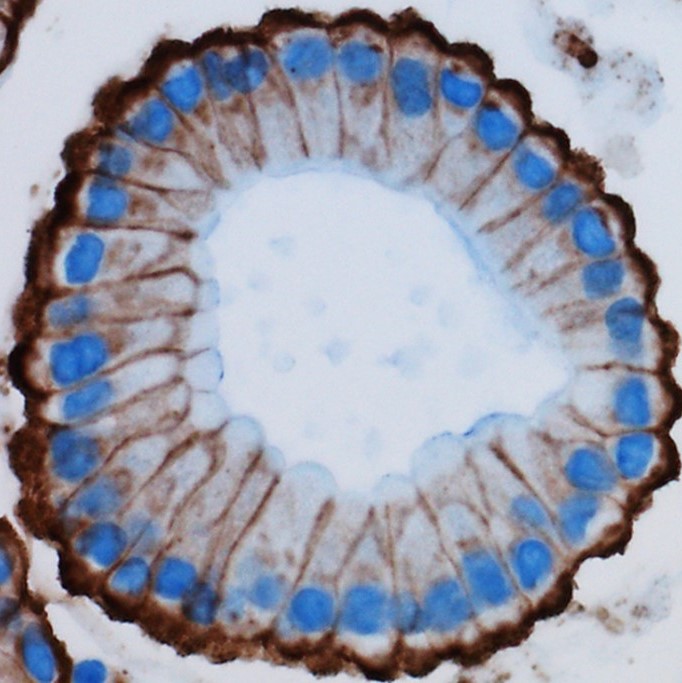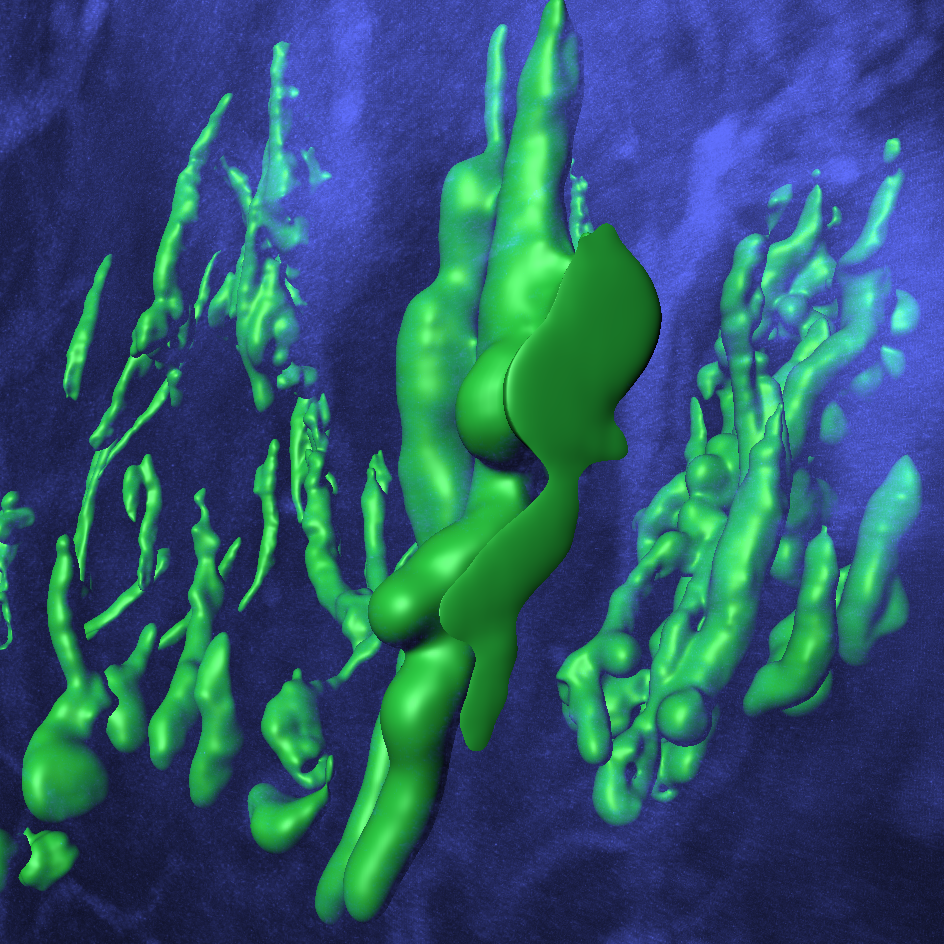Molecular mechanisms of inflammatory bowel disease and intestinal regeneration -
Research theme 4
Molecular Mechanisms of Inflammatory Bowel Disease and Intestinal Regeneration
Inflammatory bowel disease (IBD) are chronic diseases arising most likely from an inappropriate inflammatory response to commensal gut microbes.
It is a relative lack of in-depth studies of disease mechanisms in human-derived experimental models. Theme 4 studies the IBD inflammatory process and its consequences at a mechanistic level with hypotheses generated from clinical material.
Our Ambitions
- Utilize colonic organoids, and establish permanent cultures of small intestinal epithelial organoids from healthy and IBD mucosa to test hypotheses generated from transcriptome and initial protein network analyses.
- Develop the collaborative Yale/NTNU project, by integrating human NTNU models with ongoing focused microbiome studies in mouse models at Yale.
- Penetrate further, on a detailed mechanistic level, the most promising leads on the inflammatory process in IBD such as the roles of e.g. ISG15, NGAL and CCL20/CCR6.
- Finish collaborative work on Setd7 and the Wnt pathway, and the studies on Lsd1 and Mmp17 in intestinal inflammation and regeneration.


